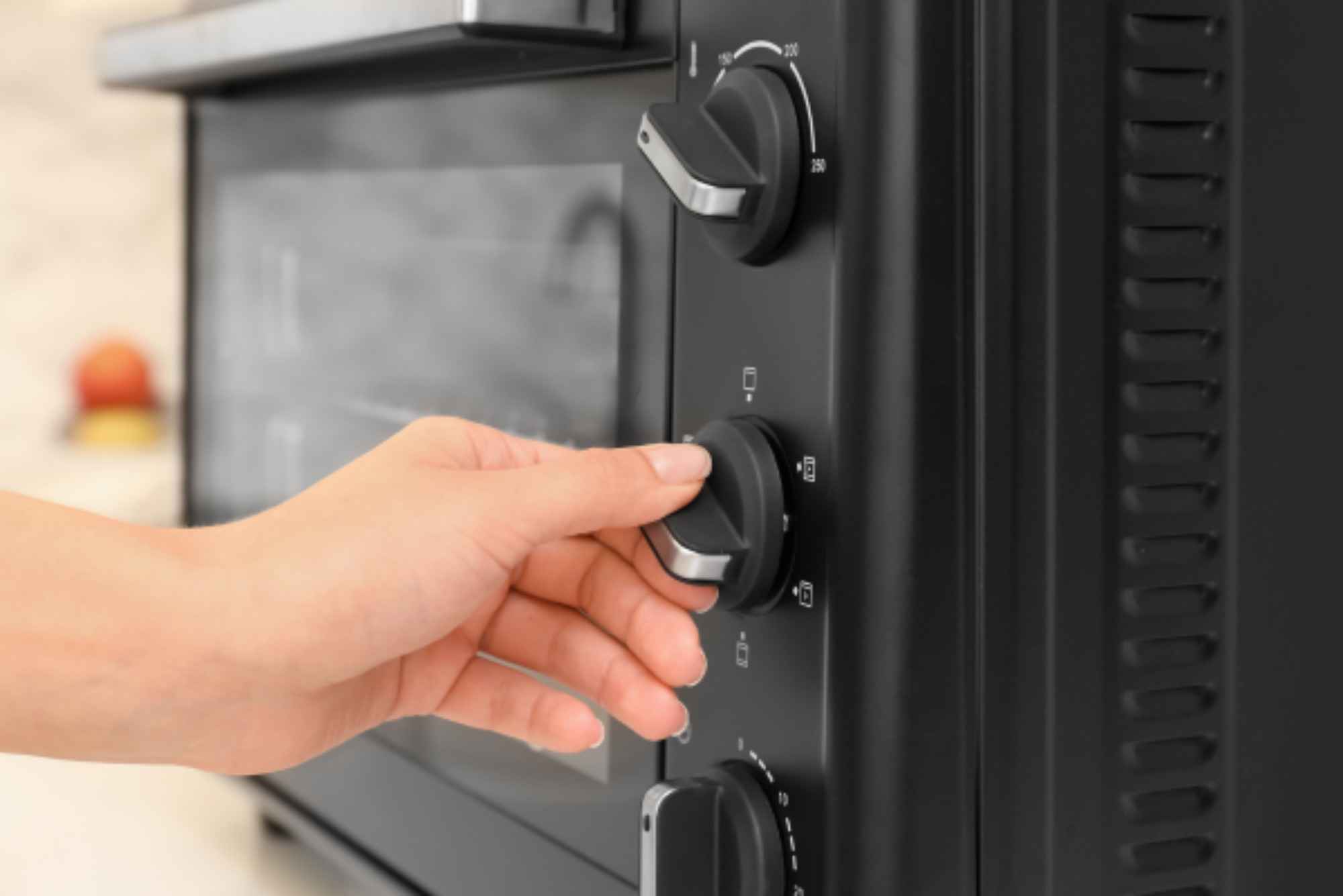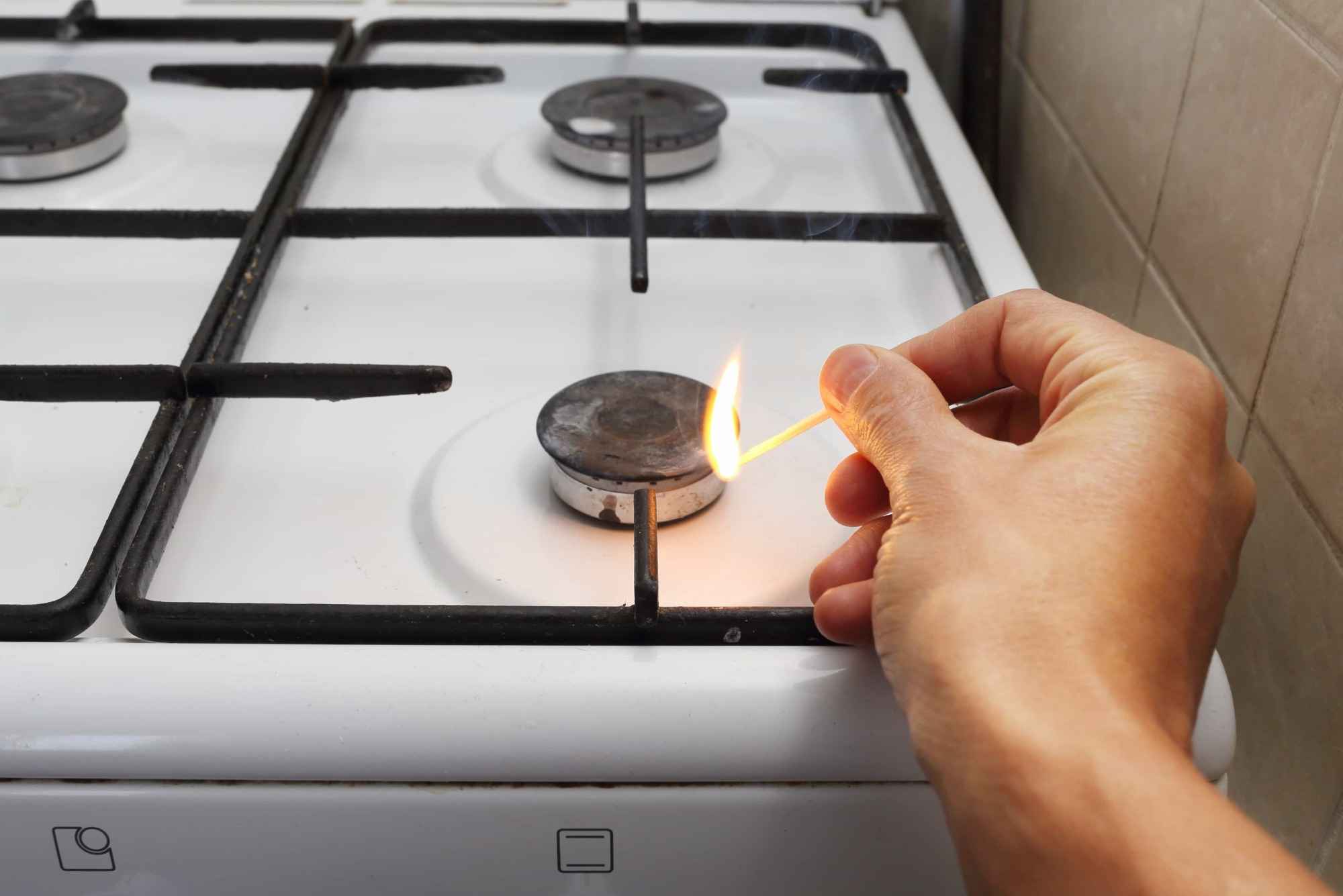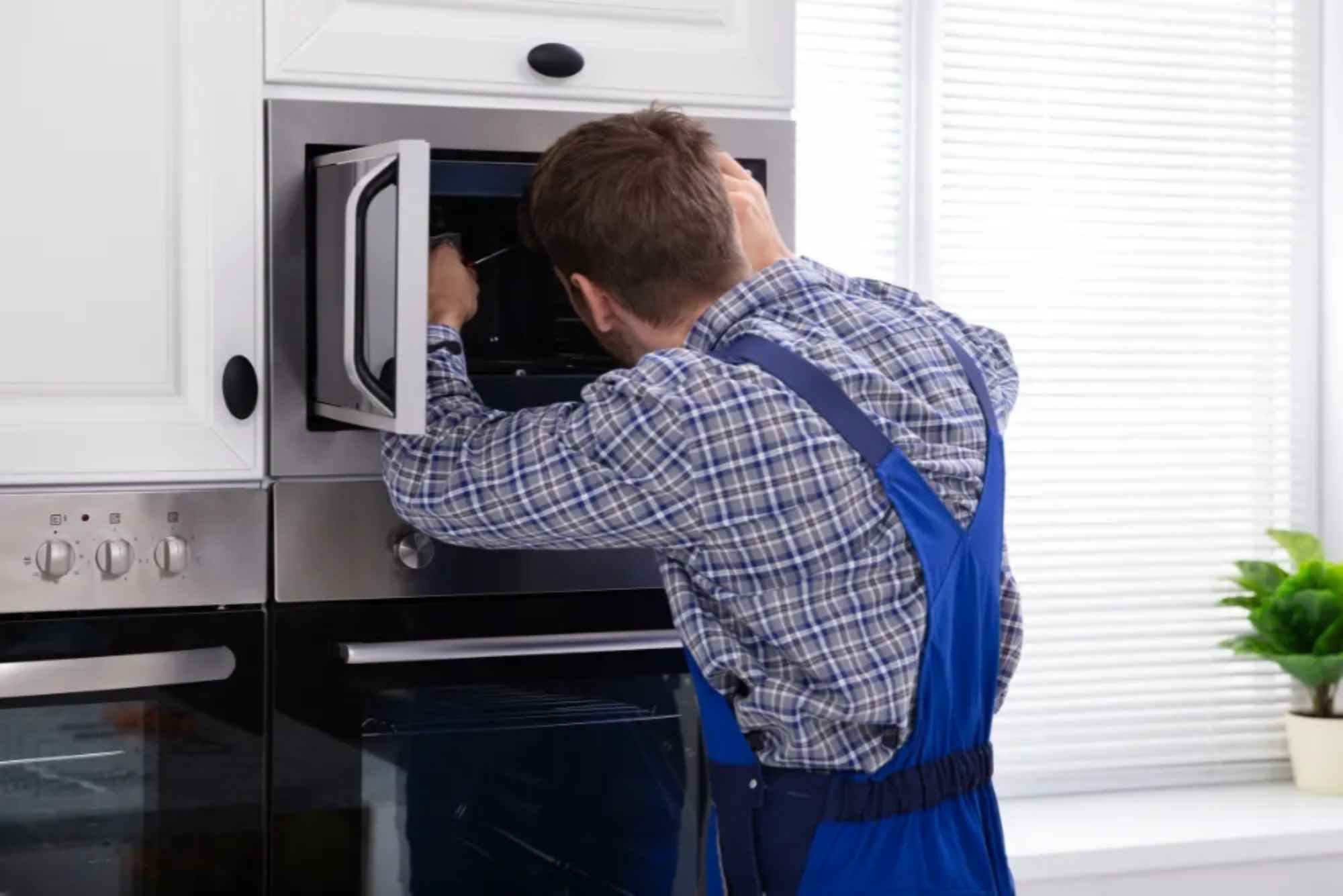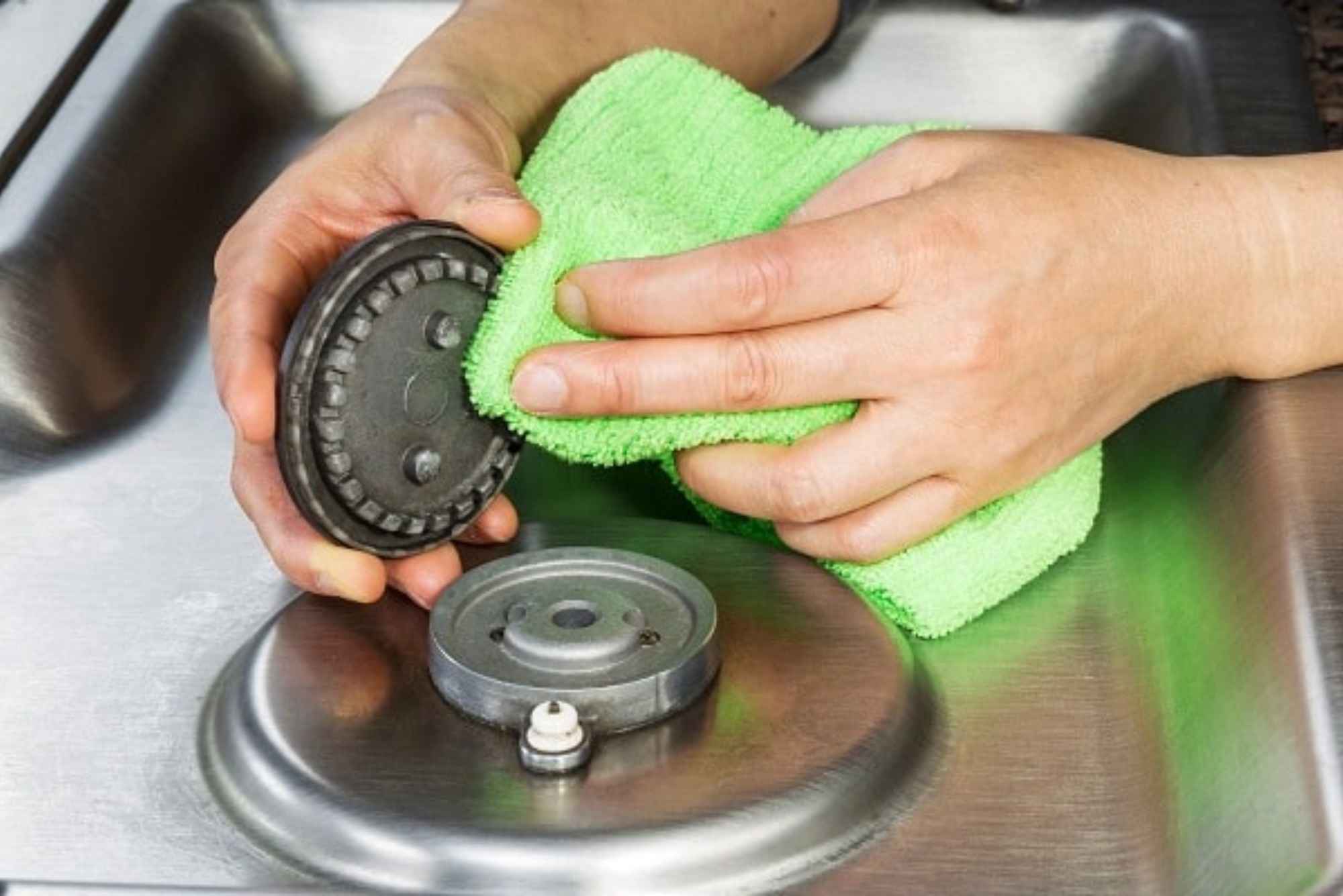When your electric oven suddenly stops turning on, it can be both frustrating and concerning. Cooking routines get interrupted, meals are delayed, and you might be unsure whether to call a technician or handle the problem yourself. An electric oven that fails to start often indicates an underlying electrical, mechanical, or component-related issue. Understanding the reasons behind this problem helps in identifying the right repair solution and ensures your appliance functions safely again.
Understanding the Basics of Electric Oven Operation
An electric oven operates through a network of electrical connections that supply power to heating elements, control boards, sensors, and thermostats. When everything functions properly, the oven heats up evenly and cooks food at the desired temperature. However, when any part of this system fails, the oven may stop turning on completely. The issue could be something simple, like a tripped circuit breaker, or more complex, involving damaged internal components. Before attempting repairs, it’s important to understand how electricity powers your oven and which parts could be at fault.
Checking the Power Supply and Electrical Connections
One of the most common reasons an electric oven does not turn on is a lack of power. Ovens require a stable electrical connection and sufficient voltage to operate. Begin by ensuring the oven is properly plugged in and that the power outlet is functioning. Faulty sockets, damaged cords, or tripped breakers are frequent causes of power failure. If your oven shares a circuit with other high-power appliances, the load may cause the breaker to trip repeatedly. Restoring power and verifying the outlet’s performance is a vital first step before exploring deeper electrical faults.
Inspecting the Circuit Breaker and Fuses
Every electric oven is connected to a dedicated circuit protected by a breaker or fuse. Over time, electrical surges or internal faults can trigger these safety devices, cutting power to the oven. If your oven suddenly stops working, check your home’s main electrical panel. A tripped breaker can easily be reset by switching it off and on again, but if the breaker trips repeatedly, it indicates a deeper problem. Damaged internal wiring, heating element shorts, or faulty switches might be overloading the circuit. In such cases, professional oven repair service is necessary to prevent electrical hazards.
Examining the Oven Control Panel and Timer Settings
Modern electric ovens often rely on digital control panels and timers to operate. If these systems malfunction, your oven might not respond at all. A locked control panel or incorrect timer setting can sometimes mimic the symptoms of a power issue. Try resetting the oven by disconnecting it from power for a few minutes and then plugging it back in. If the display remains blank or unresponsive, the control board or display module could be defective. Control board replacements should always be done by qualified technicians to ensure compatibility and safety.
Assessing the Door Switch and Safety Locks
For safety reasons, many electric ovens are designed not to start if the door is not properly closed. The door switch sends a signal to the control board that confirms the door is locked before heating begins. If this switch is broken or misaligned, the oven will remain off even if the power is available. Inspecting the door mechanism for physical damage or misalignment can sometimes solve the issue. However, if the switch is internally faulty, a replacement part will be required. Ensuring that all safety interlocks are working correctly prevents overheating and other operational risks.
Testing the Heating Elements and Internal Wiring
Even when an oven receives power, it might not turn on if the internal wiring or heating elements are damaged. Over time, heating elements can burn out due to prolonged exposure to high temperatures. When this happens, the oven’s control board may detect an open circuit and shut down the system. Similarly, loose or burnt wires inside the oven can interrupt the electrical flow. Testing these components requires a multimeter and electrical knowledge, so it’s best left to a professional oven repair technician. A specialist can replace faulty parts safely and restore your oven’s performance.
Investigating the Thermal Fuse and Temperature Sensors
The thermal fuse is a crucial safety component that protects the oven from overheating. When it blows, the oven completely loses power. Likewise, a malfunctioning temperature sensor can disrupt communication with the control board, preventing the oven from turning on. If your oven’s display lights up but there’s no heat or activity, these components could be to blame. Testing the thermal fuse for continuity helps determine whether it needs replacement. Temperature sensors should also be checked for resistance values to ensure they are functioning within their proper range.
Considering the Role of the Control Board and Relay
The control board acts as the brain of the electric oven. It manages all functions, including temperature regulation, heating cycle activation, and timing operations. A damaged or shorted control board can result in a completely unresponsive oven. Relay switches on the board may fail due to age, power surges, or internal faults. If all other components have been checked and are functional, replacing the control board might be the final solution. Since these boards are expensive and require precise installation, consulting a professional oven repair technician is highly recommended.
When to Call a Professional Oven Repair Service
While some basic troubleshooting can be done safely at home, electrical repairs should always be handled by qualified experts. Working with high-voltage appliances carries significant risk, and improper repairs can lead to fire hazards or electric shocks. A certified technician can diagnose issues accurately, using tools and testing equipment to pinpoint the root cause of the problem. Whether it’s a wiring issue, a blown fuse, or a faulty control board, professionals ensure the repair is done safely and effectively. Timely service not only restores your oven’s performance but also extends its lifespan.
Preventing Future Oven Power Failures
Prevention is always better than repair when it comes to home appliances. Regular maintenance, periodic cleaning, and careful usage help avoid many electrical issues. Ensure the power cord and plug are always in good condition, and avoid overloading the circuit with multiple appliances. Keeping the control panel clean and moisture-free helps prevent short circuits. Scheduling annual inspections with a professional oven repair service can identify potential problems early, saving you from costly breakdowns.
An electric oven not turning on is a common yet manageable issue if approached with proper knowledge and care. From power supply checks to professional diagnostics, every step plays a vital role in restoring the oven’s function safely. While simple issues like tripped breakers or loose plugs can be resolved easily, more complex problems involving wiring, sensors, or control boards require expert attention. Reliable oven repair professionals have the tools and expertise to ensure your appliance operates safely and efficiently. By maintaining your oven regularly and addressing small faults promptly, you can enjoy uninterrupted cooking performance for years to come.




